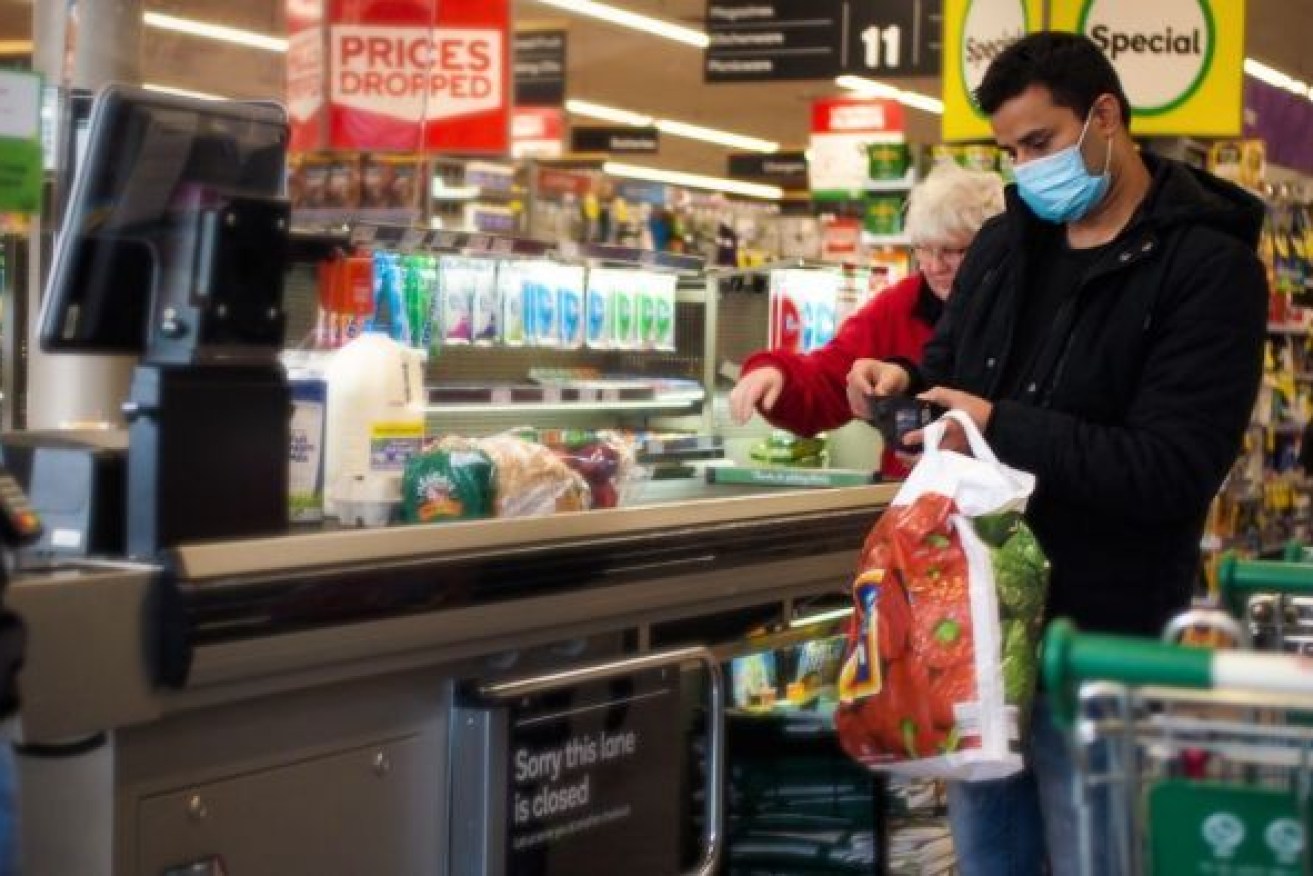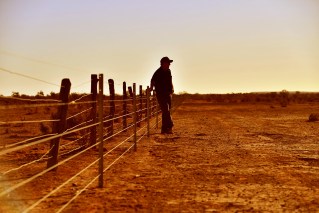How climate change is driving up your grocery bill – report
Australians can expect more expensive groceries and more empty supermarket shelves thanks to climate change, according to new research.

Climate change is pushing up the average family grocery bill, new research has found. (Photo: ABC)
The Fork in the Road report released on Wednesday by Farmers for Climate Action looked at the impacts of climate change on Australia’s food supply, following recent supply chain issues which have left some shelves bare.
The report cited the combined impact of Covid-19 and record floods in northern and central Australia early this year which cut off roads and rail links, as an example of where climate change had already had an impact on food availability.
“The problem was not lack of food – there was plenty available on farms or in warehouses – but disruption to the supply chain required for its distribution,” the report found.
The report called for improved “resilience” in the food supply system.
“As climate change accelerates, risks to supply of food arising from extreme weather are growing.”
It also concluded that as climate change made operational costs more expensive for growers, those costs would flow on to the consumer in the form of higher food prices.
“Australians take it for granted that food will always be available. Climate change disrupts this,” said report author Stephen Bartos.
“It creates and amplifies risks all the way through the supply chain, from farm to warehouse to supermarket shelves,” he said.
Mr Bartos also examined resilience in the Australian food supply chain in a comprehensive report for the Federal Government a decade ago.
Farmers for Climate Action CEO Fiona Davis said the report emphasised the need for urgent action to reduce greenhouse gas emissions.
She said climate change had increased the risk of food shortages in Australia.
“More lost food, less grass for farmers’ livestock to eat, less water and less days to transport livestock – which cannot be transported in extreme heat – mean consumers pay more for food,” she said.
“Getting produce off farm and into supermarkets, and ultimately Aussie homes becomes difficult or impossible to deliver when multiple events coincide.”
Ms Davis said those currently impacted by the Queensland and northern New South Wales floods are also faced with trying to secure essential food supplies.












